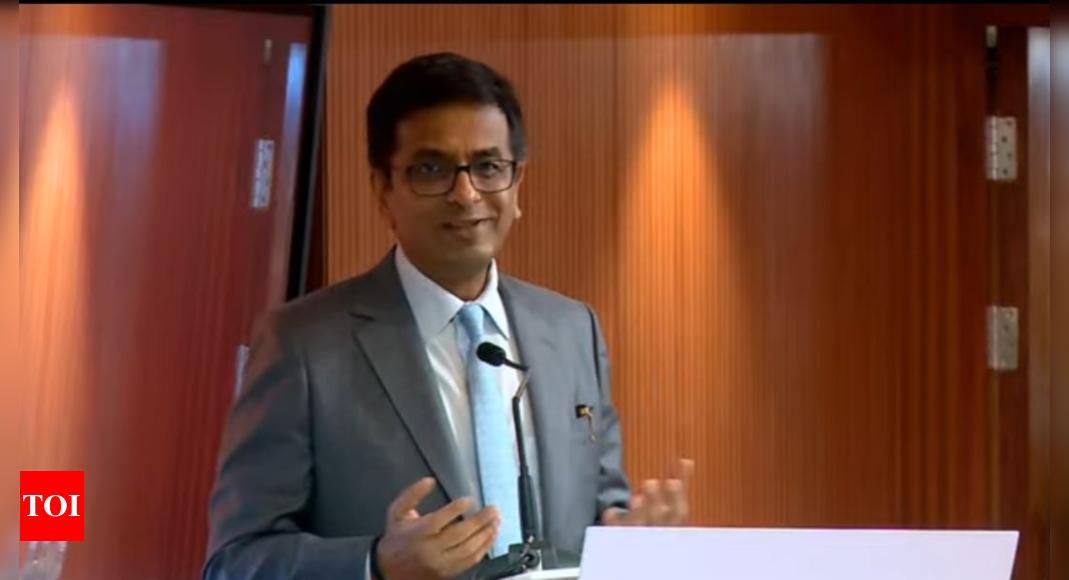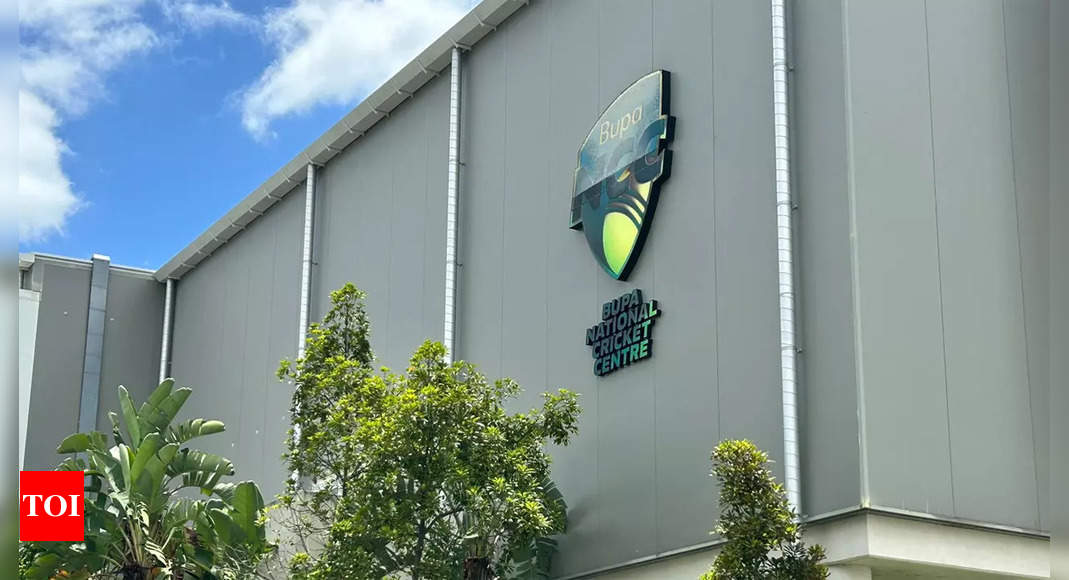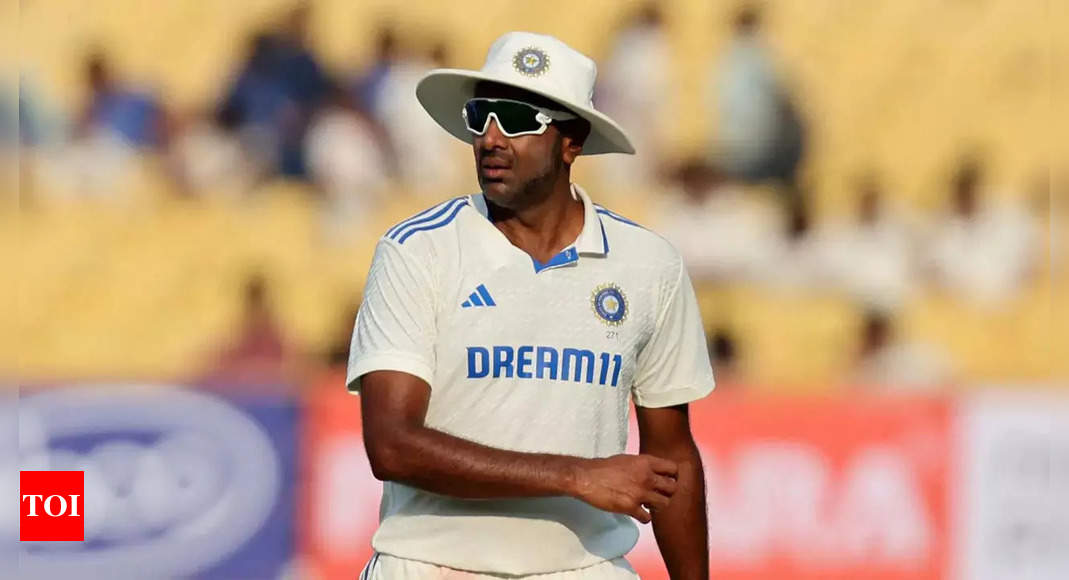
LUCKNOW: Chief Justice of India Justice Dhananjaya Y Chandrachud on Saturday said law students should be well-versed with regional languages and laws related to regional issues so that people’s access to the legal system can be improved.
Addressing the third convocation of Ram Manohar Lohia National Law University, Lucknow, Justice DY Chandrachud underscored the importance of imparting legal education in easy language, asserting that it is currently a shortcoming in the legal profession.
Citing an analysis done by the research department of the Supreme Court on 81 universities and colleges, the CJI said, “It was found that common people experience hurdles in understanding their rights and schemes meant for them as they do not know English.”
“This means that in law universities, legal education is imparted English, and many times, students at legal aid centres are not able explain legal procedures to the common people in regional languages,” he said.
Justice Chandrachud said he was not blaming anyone or suggesting that English should be removed from legal education, only suggesting that regional languages should also be adopted in it.
The CJI further said, “Laws related to regional issues should also be taught in our universities. Suppose a person comes from a village to the university or to the university’s legal aid centre and shares his land-related problem. If the student does not know the meaning of Khasra (land record) and Khatauni (land record document), how will the student be able to help that person?”
“After coming to Uttar Pradesh, I realised how precious land is to the people. I understood the meaning and importance of ‘taal’ and ‘talaiyaa’ (pond) in legal language,” he added.
“This is a country of diversities, some based on language, some on region. In Uttar Pradesh, there are different dialects. In Lucknow people speak Hindustani, while in eastern Uttar Pradesh they use Bhojpuri. This begs the question: how can values of justice and the Constitution be made to reach the people,” he said.
Justice Chandrachud pointed out that in higher courts, the proceedings are held in English but the people whose cases are heard often do not understand the arguments being presented in the court.
“As the Chief Justice of India, I have given some directives by which the process of justice can become easy for the common man. For example, various judgements delivered in English are being translated in different languages, which even the common man can understand,” he said
Elaborating further on making the process of imparting legal education in easy language, the CJI said, “…in different provisions of the Constitution, there are some laws and basic principles. We teach those principles well in English, but find it difficult to explain them in regional languages. If we are not able to make the common man understand the principles of law in easy language, it is a shortcoming of the legal profession education.”
He pointed out that many countries conduct both legal education and legal proceedings in regional languages so that all citizens can not only access the legal system but also aspire to be lawyers and judges.
“It is only when we teach core principles of law to our students efficiently while acquainting them with the local context and local legal terms, that we can create socially responsible lawyers in the future, who can truly understand the issues and concerns of the local community,” the CJI said.
UP Chief Minister Yogi Adityanath, Supreme Court Justice Vikram Nath, Chief Justice of Allahabad High Court Arun Bhansali, judges of the Allahabad High Court, Vice-Chancellor of RMLNLU Prof Amar Pal Singh were present at the convocation.
Addressing the third convocation of Ram Manohar Lohia National Law University, Lucknow, Justice DY Chandrachud underscored the importance of imparting legal education in easy language, asserting that it is currently a shortcoming in the legal profession.
Citing an analysis done by the research department of the Supreme Court on 81 universities and colleges, the CJI said, “It was found that common people experience hurdles in understanding their rights and schemes meant for them as they do not know English.”
“This means that in law universities, legal education is imparted English, and many times, students at legal aid centres are not able explain legal procedures to the common people in regional languages,” he said.
Justice Chandrachud said he was not blaming anyone or suggesting that English should be removed from legal education, only suggesting that regional languages should also be adopted in it.
The CJI further said, “Laws related to regional issues should also be taught in our universities. Suppose a person comes from a village to the university or to the university’s legal aid centre and shares his land-related problem. If the student does not know the meaning of Khasra (land record) and Khatauni (land record document), how will the student be able to help that person?”
“After coming to Uttar Pradesh, I realised how precious land is to the people. I understood the meaning and importance of ‘taal’ and ‘talaiyaa’ (pond) in legal language,” he added.
“This is a country of diversities, some based on language, some on region. In Uttar Pradesh, there are different dialects. In Lucknow people speak Hindustani, while in eastern Uttar Pradesh they use Bhojpuri. This begs the question: how can values of justice and the Constitution be made to reach the people,” he said.
Justice Chandrachud pointed out that in higher courts, the proceedings are held in English but the people whose cases are heard often do not understand the arguments being presented in the court.
“As the Chief Justice of India, I have given some directives by which the process of justice can become easy for the common man. For example, various judgements delivered in English are being translated in different languages, which even the common man can understand,” he said
Elaborating further on making the process of imparting legal education in easy language, the CJI said, “…in different provisions of the Constitution, there are some laws and basic principles. We teach those principles well in English, but find it difficult to explain them in regional languages. If we are not able to make the common man understand the principles of law in easy language, it is a shortcoming of the legal profession education.”
He pointed out that many countries conduct both legal education and legal proceedings in regional languages so that all citizens can not only access the legal system but also aspire to be lawyers and judges.
“It is only when we teach core principles of law to our students efficiently while acquainting them with the local context and local legal terms, that we can create socially responsible lawyers in the future, who can truly understand the issues and concerns of the local community,” the CJI said.
UP Chief Minister Yogi Adityanath, Supreme Court Justice Vikram Nath, Chief Justice of Allahabad High Court Arun Bhansali, judges of the Allahabad High Court, Vice-Chancellor of RMLNLU Prof Amar Pal Singh were present at the convocation.






